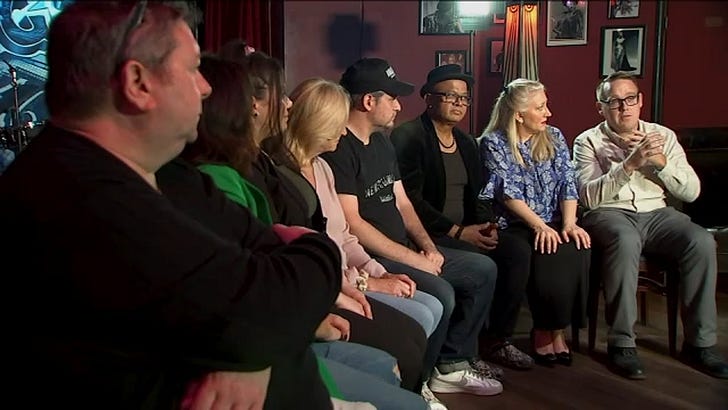Midtown Eateries Face the Music: Noise Violations Surge or Abusing The Laws?
New York City residents are leveraging a little-known city code to issue a wave of noise complaints against popular Midtown establishments.
As reported by Eyewitness News, there's a new sound echoing through the bustling streets of Midtown Manhattan — the clamor of noise violation fines slamming into the accounts of local restaurant owners. Leveraging New York City's noise code, citizen enforcers have been targeting restaurants in the area, stirring up a storm of concern and sparking a city-wide conversation about noise regulation. Here's what you need to know about this developing story.
According to New York City's noise code, any business that has music or noise audible from a sidewalk can be issued a violation on the grounds of "commercial or business advertising." The kicker is that there are no specific noise levels or durations defined to warrant a violation. The fines for these transgressions can range from $440 to a staggering $5,250.
An Eyewitness News investigation revealed that two New York City residents are responsible for issuing more than 5,500 noise complaints — an eye-opening 95% of the total violations against city businesses — since January 2022. It's worth noting that citizen enforcers can pocket 25 to 50% of the fines, raising questions about the motivations behind these actions.

Local restaurant owners in Midtown have found themselves in the crosshairs of these citizen enforcers. They are facing multiple violations, often arriving in bulk and related to incidents from months prior. This unprecedented wave of violations is posing a significant financial burden on businesses, many of which are still grappling with the economic fallout from recent global events.
Patrick Dwyer, manager of several restaurants, reported that his establishments received at least 60 noise violations, forcing them to remove outdoor speakers entirely. Yet, despite these adjustments, the fines keep coming, hinting at a deeply flawed system.
Eyewitness News' investigative team discovered several instances of questionable behavior by citizen enforcers. Reports include individuals climbing poles to place cell phones against speakers to record noise levels. This shift from enforcing the city's idling law to the noise code, believed to be motivated by potential monetary gains, has raised eyebrows among city officials.
Manhattan-based attorney Eric Eisenberg, the top issuer of noise complaints, defended his actions, claiming they were in response to the city's failure to adequately address the chronic noise problem. Eisenberg argues that incessant noise leads to anxiety, illness, and even premature mortality, necessitating citizen intervention.

In response to the outcry, DEP Commissioner Rohit Aggarwala is collaborating with the New York City Council to draft legislation that would impose stricter restrictions on citizen enforcers. The proposed changes include limiting the time that violations can be held before being mailed, setting specific decibel and length requirements for violations, and allowing businesses to apply for variances under certain circumstances.
The sudden onslaught of citizen-enforced noise violations against Midtown restaurant owners has exposed a multifaceted issue, underscoring the necessity for clear legal definitions, transparent enforcement, and a balance between regulation and business interests. The unfolding story continues to hold the city's attention, offering a crucial look at the challenges and opportunities of citizen-led enforcement. As New York City works towards a resolution, the country watches, learning from this unique case of civic participation in environmental enforcement.





